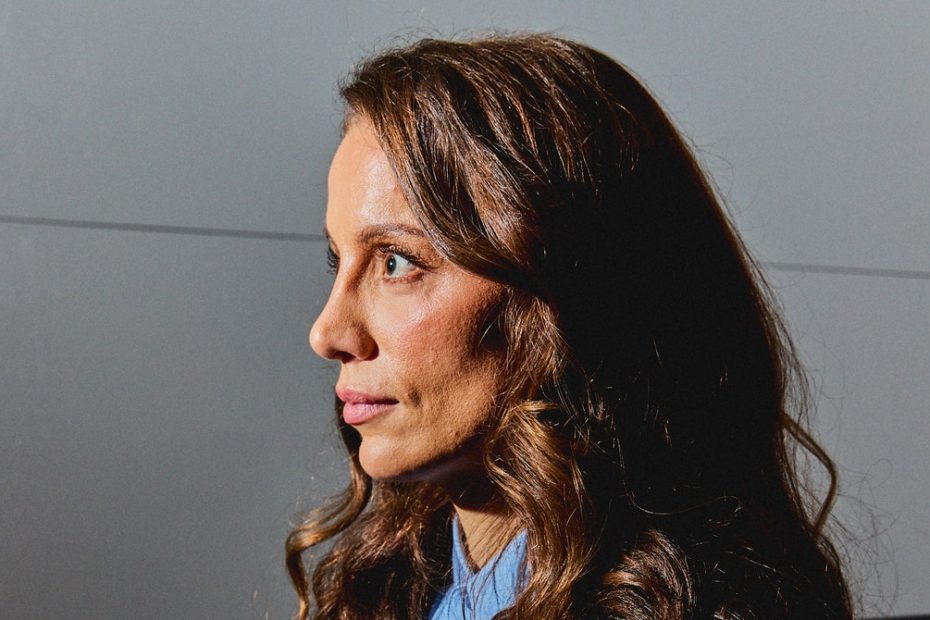Former OpenAI director Mira Murati says it may take decades, but AI systems will eventually be able to perform a wide range of cognitive tasks as well as humans – a future technological milestone commonly known as artificial general intelligence, or AGI.
“Right now, it feels pretty doable,” Murati said Tuesday at WIRED's The Big Interview event in San Francisco. In her first interview since stepping down as OpenAI's Chief Technology Officer in September, Murati told WIRED's Steven Levy that she isn't too concerned about the recent rumor in the AI industry that developing more powerful generative AI models proves to be a challenge.
“Current evidence shows that progress is likely to continue,” Murati said. “There's not much evidence to the contrary. It is uncertain whether we need new ideas to create systems at AGI level. I'm quite optimistic that progress will continue.”
The comments reflect her continued interest in finding a way to bring increasingly capable AI systems to the world, despite the split from OpenAI. Reuters reported in October that Murati is setting up her own AI startup to develop proprietary models and could raise more than $100 million in venture capital funding. On Tuesday, Murati declined to comment further on the company.
“I'm trying to figure out what it's going to look like,” she said. “I'm in the middle of it.”
Murati started in aerospace and then at Elon Musk's Tesla, where she worked on the Model S and Model X electric cars. She also oversaw product and engineering at virtual reality startup Leap Motion before joining OpenAI in 2018 and helped manage services such as ChatGPT and Dall-E. She became one of OpenAI's top executives and was briefly in charge last year as board members grappled with the fate of CEO Sam Altman.
When Murati resigned, Altman credited her support during difficult times and described her as an important factor in OpenAI's growth.
Murati has not publicly stated why she left OpenAI, other than to say the moment felt right to pursue personal explorations. Dozens of early OpenAI employees have left the nonprofit in recent years, some due to their frustration with Altman's increasing focus on monetization rather than purely academic research. Murati told WIRED's Levy that there has been “too much obsession” about leaving and not enough about the substance of AI development.
She cited work on producing synthetic data to train models and growing investments in computing infrastructure to power them as key areas to watch. Breakthroughs in those areas will one day make AGI possible, she said. But it's not all technological. “This technology is not inherently good or bad,” she said. “It comes from both sides.” It is up to society, Murati said, to continue to collectively push the models in the direction of good so that we are well prepared for the day AGI comes.

